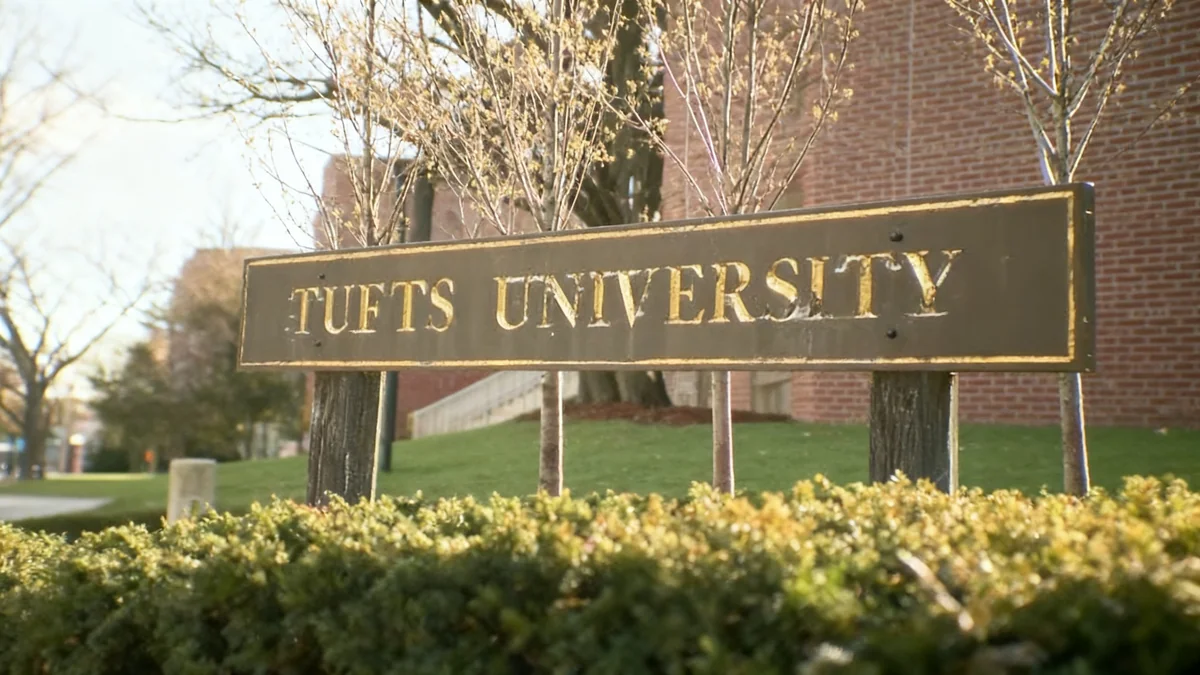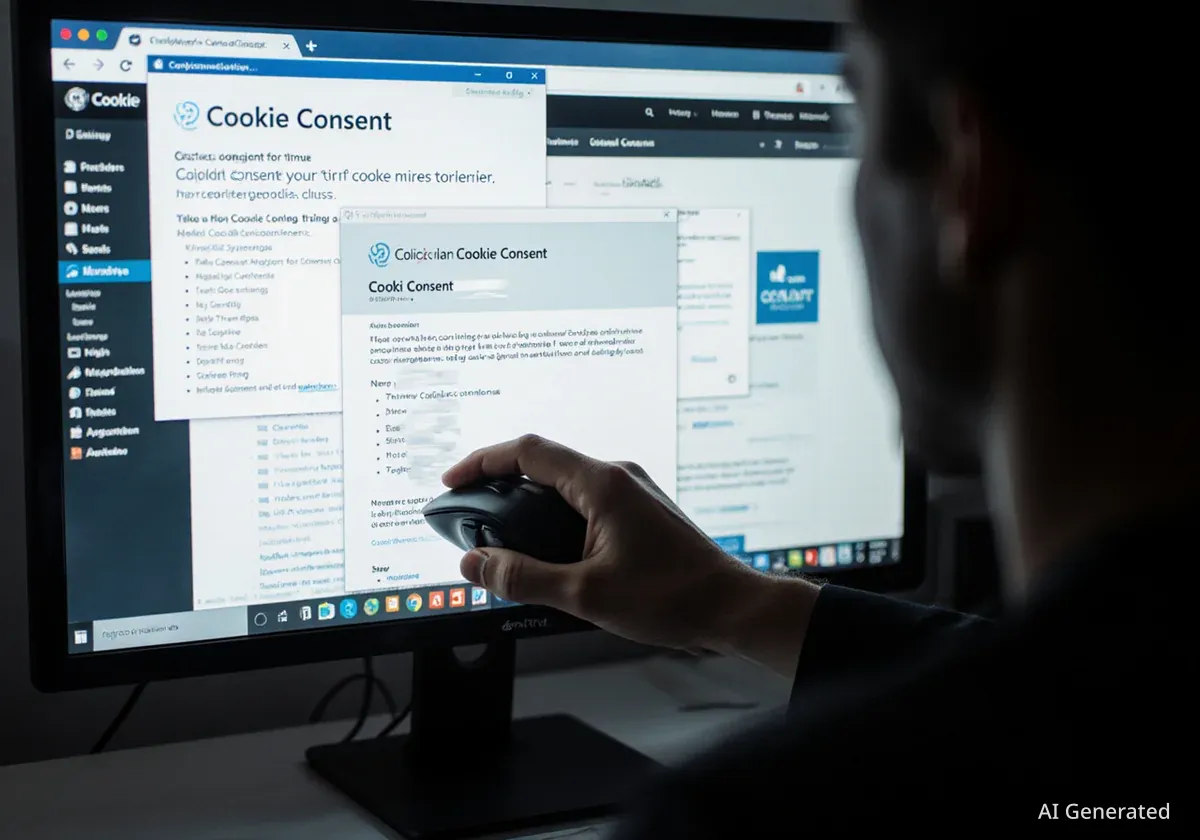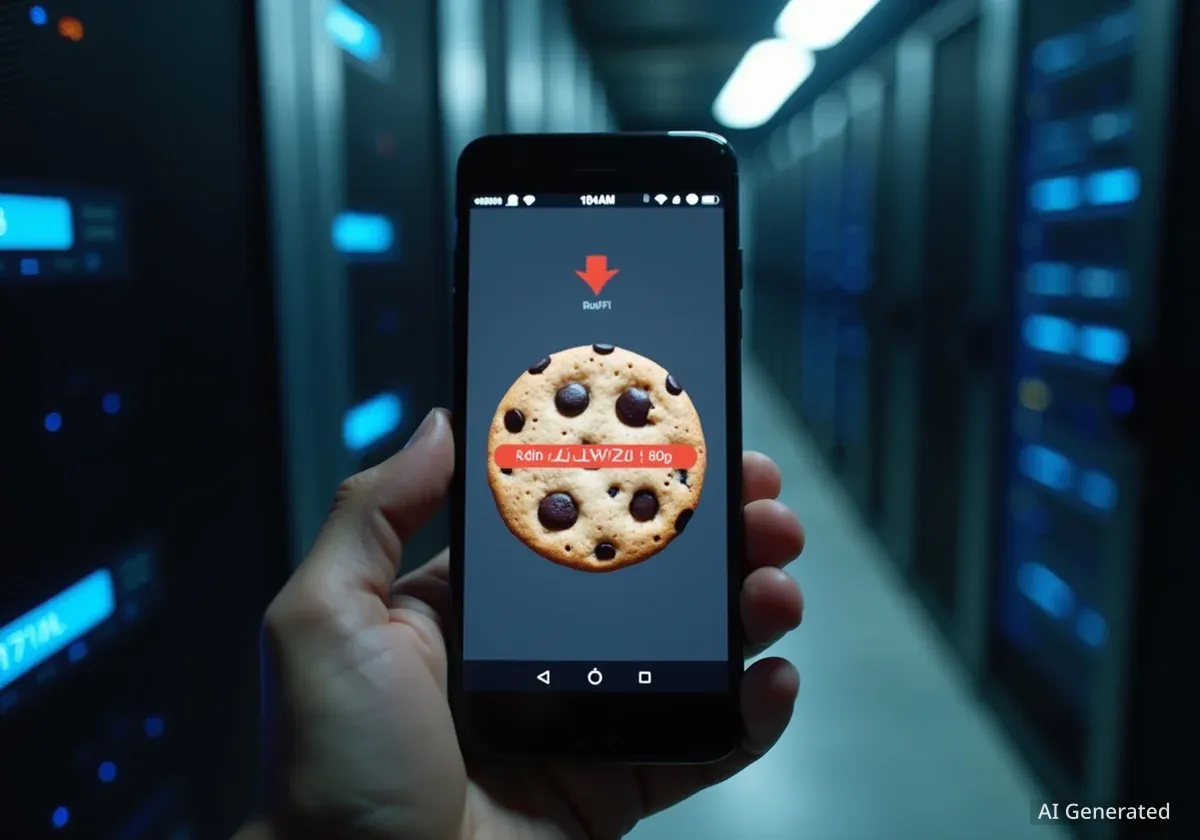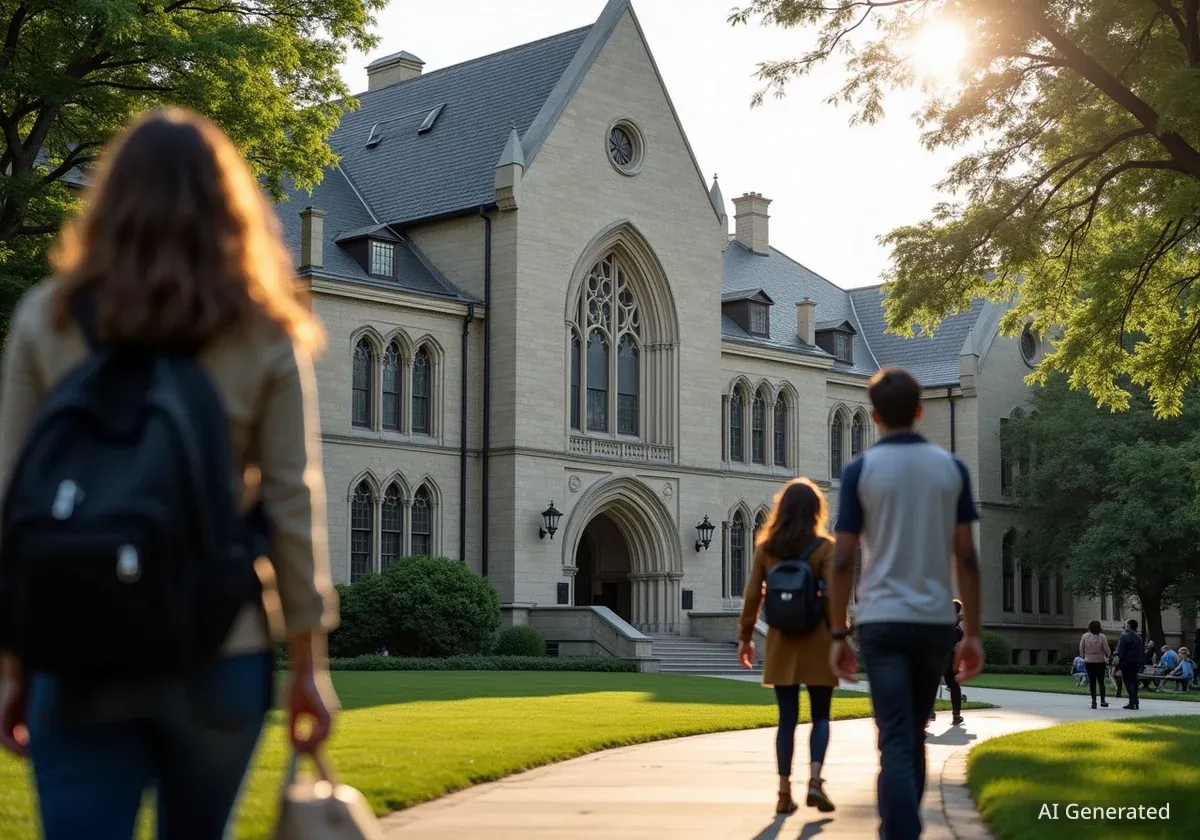The Lawrence public school district in Kansas has replaced its student digital surveillance software while asking a federal court to dismiss a lawsuit that accuses it of unconstitutional spying. The district argued the case is moot because it stopped using the controversial software, Gaggle, but failed to disclose in its court filing that it had already implemented a similar program called ManagedMethods.
Key Takeaways
- The Lawrence school district is facing a federal lawsuit from students over digital surveillance practices.
- The district asked to dismiss the suit, claiming it no longer uses the software in question, Gaggle.
- Officials later confirmed they replaced Gaggle with a similar surveillance tool, ManagedMethods, citing cost savings.
- The lawsuit alleges the surveillance violates students' First and Fourth Amendment rights, including the monitoring of student journalists' work.
- Academic research raises concerns about the effectiveness and potential harm of such school surveillance technologies.
Legal Maneuvers in Student Spying Case
Nine current and former students filed a federal lawsuit in August against the Lawrence school district, its school board, and an assistant principal. The suit alleges that the district's use of surveillance software constitutes unconstitutional searches and seizures and violates First Amendment rights.
The legal challenge centers on the district's policy of round-the-clock digital monitoring of student accounts, files, and emails. According to the complaint, this surveillance was conducted without any suspicion of wrongdoing and extended to students' personal devices.
In a recent court filing, the district requested the lawsuit be dismissed. The basis for the request was that its contract with the surveillance vendor, Gaggle, expired over the summer and was not renewed. An affidavit from Superintendent Jeanice Kerr Swift stated the district "has stopped using Gaggle to monitor students."
However, the court filings did not mention the district had already procured a new surveillance system. When questioned, the superintendent confirmed the switch.
"In the regular course of business this fall... the district implemented Managed Methods, a proficient tool that continues to monitor for student safety," Kerr Swift said in an emailed statement.
The district stated the move to ManagedMethods was a cost-saving measure, saving approximately $35,000 this year compared to the $53,000 contract for Gaggle.
Background of the Lawsuit
The lawsuit claims the district's policy led to "suspicionless searches and seizures of student expression on a scale and scope that no court has ever upheld." It argues that the constant monitoring of student communication and creative work is a violation of constitutional protections against unreasonable searches.
Student Journalists Uncover System Flaws
The controversy first gained attention through the work of student journalists at Lawrence High School. These students investigated the Gaggle software and identified significant flaws in its operation.
Their reporting revealed that the system failed to detect test messages they created about self-harm, a key safety feature the software is marketed to provide. Conversely, the artificial intelligence falsely flagged student artwork as potential child pornography, causing distress and confusion.
Most critically for the student reporters, the software allowed school administrators to monitor their journalistic work before it was published. This practice, known as "prior restraint," is an unlawful restriction on freedom of the press. The students also reported that some of their files disappeared without explanation.
In April 2024, the district assured the student journalists they would be exempted from the surveillance. Despite this promise, the monitoring reportedly continued, contributing to the legal action.
Wider Concerns About School Surveillance Tech
The situation in Lawrence reflects a national debate over the use of surveillance technology in schools. Companies like Gaggle and ManagedMethods market their products as essential tools for preventing self-harm and violence.
A Growing Industry
An increasing number of school districts across the country have invested tens of thousands of dollars in contracts with surveillance software companies, driven by the promise of enhanced student safety through AI-powered monitoring.
However, academic research has begun to question the efficacy and ethics of these systems. A study published in the Journal of Medical Internet Research examined products from 17 surveillance companies, including both Gaggle and ManagedMethods.
The researchers found what they described as "a notable lack of transparency" in how the programs operate. They also raised serious questions about whether the software is effective in preventing violence.
Potential Harm to Students
The study pointed to significant potential downsides for students living under constant digital watch.
- Loss of Privacy: The authors noted that "excessive surveillance may lead to a loss of students’ intimate privacy."
- Developmental Impact: This loss of privacy can, in turn, "impede their learning, social development, and mental health."
- Cybersecurity Risks: Sharing large volumes of sensitive student data with third-party companies increases the risk of exposure to cyberattacks.
The researchers concluded that the school surveillance industry may require more oversight from regulators and more thorough risk assessment by school districts before implementation. The lawsuit in Lawrence now brings these national concerns into a federal courtroom, with the outcome potentially setting a precedent for student digital privacy rights.





